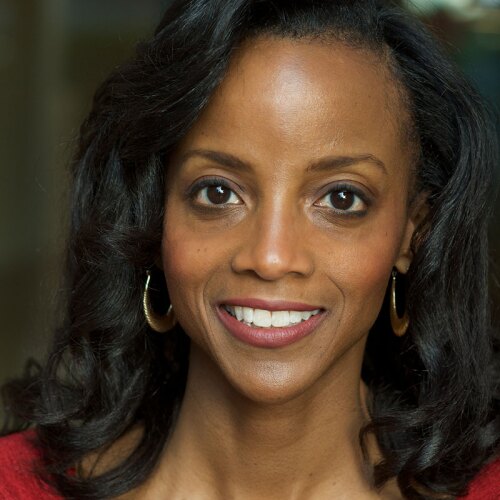Karen Jordan is a freelance journalist, filmmaker, and author based in Los Angeles. She has contributed to The Atlantic, Los Angeles magazine, and the Huffington Post.


Karen Jordan is a freelance journalist, filmmaker, and author based in Los Angeles. She has contributed to The Atlantic, Los Angeles magazine, and the Huffington Post.